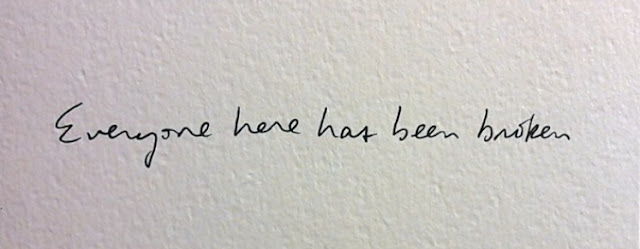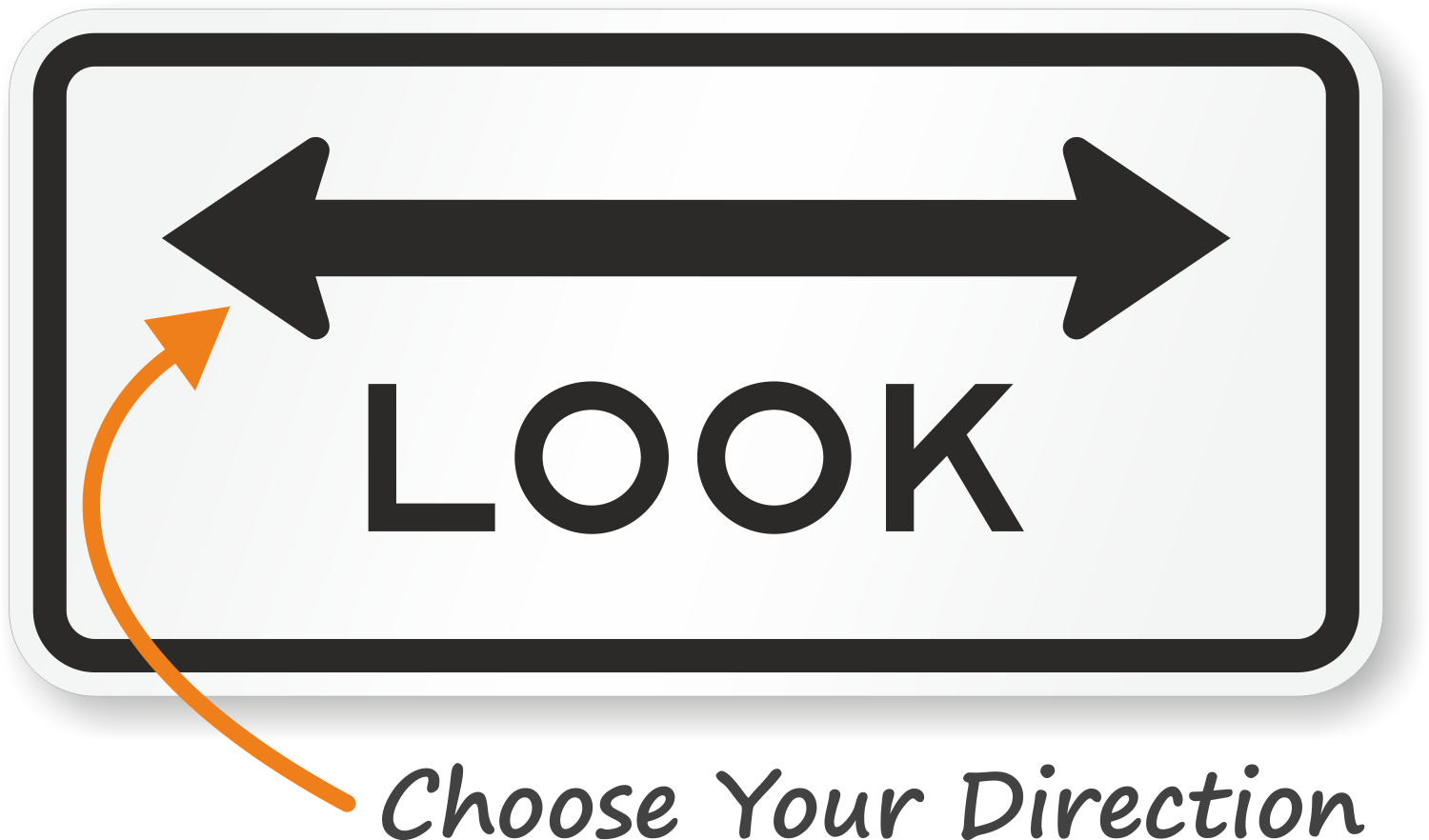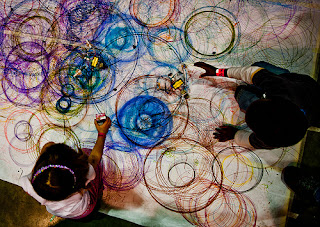image designed by Gigi Luberes
In my original post on EduKare I contextualized it as a concept that mitigates problems inherent with urban education. The reality is that EduKare as a concept can also mitigate problems inherent in rural education. The reason it can work well in both settings is the principle behind it- empowerment of individuals in a local context.
Recently I had the good fortune to meet (virtually) Steven Putter (via Twitter @
stevenputter.) He lives in Water's Edge, Zambia, and coordinates a very exciting project; one as exciting as I have come across, the
Imagine Rural Development Initiative (IRDI). This statement sums up the purpose behind IRDI...
Propagating sustainable success. Creating scalable models for impacting change, IRDI engages real time development for building sustainable communities through the empowerment of individual skills.
The magnitude of this statement is important to note. As a lacrosse player and long-time coach, I often describe the game to non-lacrosse folks and new-to-the-game players as "a team sport played by individuals." Essentially a team is only as strong as its weakest link; in sport and in life. Empowering individual skills in local contexts is a powerful effort that must be made when the goal is a sustainable community, sports team, culture, classroom, school, etc. One element of IRDI that resonates strongly with me is Emergent U. Emergent University is part of a larger initiative at Water's Edge, Zambia to educate local citizens who desire to give back to their community following their study and training. Water's Edge is what
EduKare looks like in a rural setting. The underlying principle behind Water's Edge is sustainability. IRDI's effort to create sustainability manifests through support for the individual... just like EduKare...
An EduKare teaching and learning environment considers pivotal learning variables in each student's story... the story already written, the here-and-now story and the future story every teacher helps write. EduKare is an approach based on the foundational belief that every child can learn, but that detractors to learning can be powerful debilitating forces in a child's life. If these forces are not mitigated, learning will not happen effectively. The EduKare teaching and learning environment very simply provides the services required to mitigate powerful learning detractors in the lives of young people so they can then focus their energy on achieving relative academic success.
In the real world, people have problems and challenges in urban and rural settings. Negative factors like poverty, violence, limited exposure to good education, and lack of family privilege don't discriminate between rural and urban settings... these are borderless elements that prevent individuals from focusing their energy on moving forward in life to overcome the odds they create.
We often place geographic borders around negative factors like poverty, and we convince ourselves that these are actually what's holding us back. I have heard many wishes that "if I could just get out of this place, I'd be free from the bonds that hold me back." I think this is an unproductive perspective, and I think Steven Putter does too. Sustainability, to me, is synonymous with productivity, purpose, vision, and pride. Instead of taking people out of the environment they believe is holding them back, we should be reinventing the environment so it is productive, purposeful, and visionary; one that people are proud to be part of and want to stay in. The process needs to be more than just window dressing; when successful, it's a process of creating vision and purpose so people can thrive as productive, proud members of the reinvented communities they live within. Sustainability in communities is supported by learning; it requires that we
learn from our place.
I think learning and movement can be thought of in a synergistic way. How we frame learning is key if we are to create a platform of support that sustains it over a lifetime. Our innate desire to learn; to navigate the world we live in needs environmental support to be sustainable in a given environment. It needs a local context making our
place a
learning place.
More than any other biological species, it appears that humans are born to learn. We learn in so many different, and natural contexts. We are in constant motion; traveling in simultaneous physical, psychological, emotional, and cognitive realms. Robert Sylwester
characterizes this need to be in motion,
The planning, regulation, and prediction of movements are the principal reasons for a brain. Plants are as biologically successful as animals, but they don’t have a brain. An organism that’s not going anywhere of its own volition doesn’t need a brain. It doesn’t even need to know where it is. What’s the point? Being an immobile plant does have its advantages however. Plants don’t have to get up every day and go to work because they’re already there.
On the other hand, if an organism has legs, wings, or fins, it needs a sensory system that will inform it about here and there, a make-up-its-mind system to determine whether here is better than there or there is better than here, and a motor system to get it to there if that’s the better choice – as it is, alas, when we have to go to work.
Yes, we do. Each of us is responsible for our livelihood, and for supporting those who depend on us for love and care. Acquiring the skills necessary to fulfill this responsibility is a challenge for all of us. Creating local contexts that reduce our far and wide search for a sustainable life is key to a sustainable home community. Empowering individuals to move
within communities instead of
away from is how we get to vibrant, self-sufficient communities.
Another recent Twitter acquaintance, Mpule K. Kwelagobe (
@MpuleKwelagob) introduced me to the term endogenous (thank you Mpule.)
... from Dictionary.com
[en-doj-uh-nuhs]
adjective1.proceeding from within; derived internally.
In addition to representing her country, and the continent of Africa as the first Black African woman to win an international pageant and 1st delegate from Botswana to compete in the Miss Universe pageant, Mpule is doing awesome work in Africa to empower people
from within. We don't need to move away from the places in life that we believe are holding us back; we just need to learn how to move (learn) within them. Local efforts to support individual members of a community create a ripple effect that sustains the larger community making it viable and productive. This is the key to creating room to move within communities.
Purpose leads to pride.





 chronicles his experiences as a concentration camp inmate and describes his psychotherapeutic method of finding a reason to live. According to Frankl, the book intends to answer the question "how was everyday life in a concentration camp reflected in the mind of the average prisoner?" He observed that prisoners who found something to do every day appeared less vulnerable to the guards, and subsequently were judged as useful in one way or another; not as expendable. I simply cannot even imagine the horror of that reality, but nonetheless, it was documented by Frankl, (perhaps that was his purpose in attempting to make any sense of the horror,) and it makes sense to me.
chronicles his experiences as a concentration camp inmate and describes his psychotherapeutic method of finding a reason to live. According to Frankl, the book intends to answer the question "how was everyday life in a concentration camp reflected in the mind of the average prisoner?" He observed that prisoners who found something to do every day appeared less vulnerable to the guards, and subsequently were judged as useful in one way or another; not as expendable. I simply cannot even imagine the horror of that reality, but nonetheless, it was documented by Frankl, (perhaps that was his purpose in attempting to make any sense of the horror,) and it makes sense to me.

















